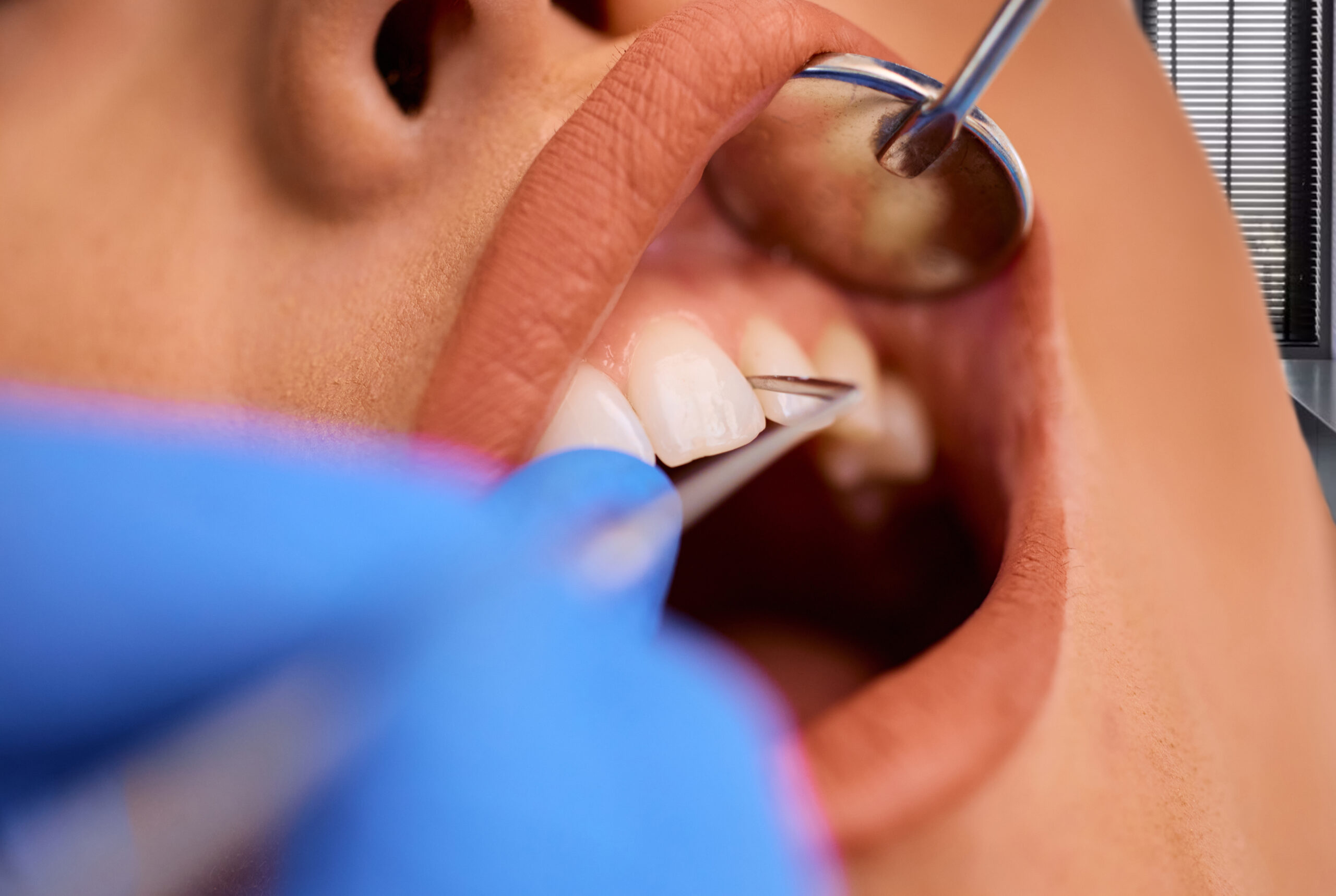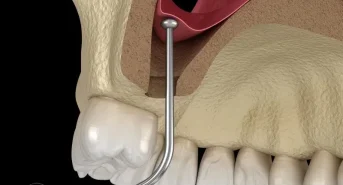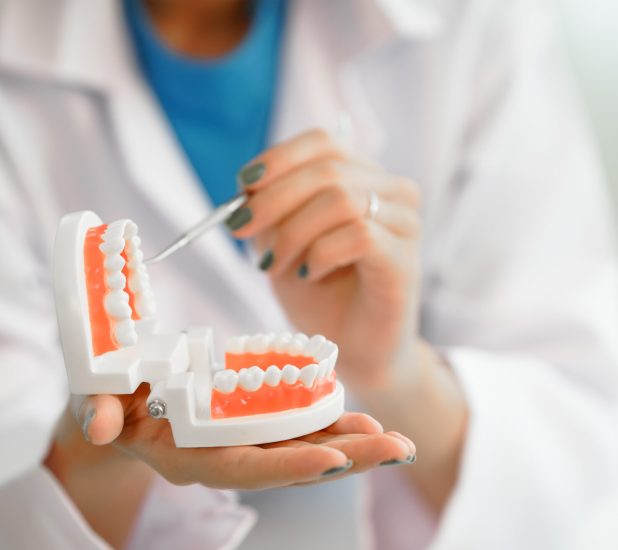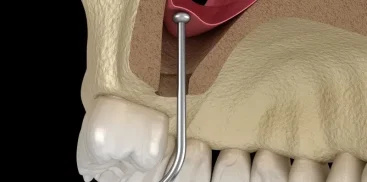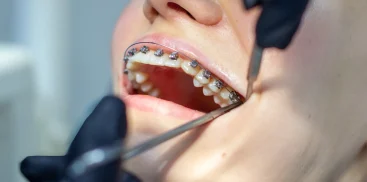Dental calculus, also known as tartar, is a common issue in dentistry that, if not effectively removed, can lead to a range of undesirable consequences. It is a hard, mineralized substance that accumulates on the surface of teeth.
Formation of Dental Calculus
The process of forming dental calculus is a gradual result of the buildup of dental plaque on the teeth. Plaque, composed of bacteria and deposits, mineralizes over time, creating a hard deposit called dental calculus. This calculus, usually made up of minerals in saliva, can take on various colors depending on organic substances and pigments in food.
Main Causes of Dental Calculus Formation
- Lack of proper oral hygiene: Regular and thorough brushing of teeth and flossing are crucial in removing dental plaque. Neglecting these actions can lead to plaque accumulation and the formation of dental calculus.
- Diet rich in sugars and starches: Consuming large amounts of sugars and starches promotes the growth of bacteria, which convert them into acid, demineralizing tooth enamel and contributing to the formation of dental calculus.
- Tobacco smoking: Smoking cigarettes affects saliva production and hinders its cleansing function in the oral cavity, increasing the risk of dental calculus.
- Genetic predispositions: Some individuals have genetic predispositions to the increased formation of dental calculus, but proper oral hygiene remains crucial even in these cases.
- Insufficient saliva: Individuals with xerostomia are more prone to the formation of dental calculus because saliva plays a significant role in cleansing the oral cavity.
- Lack of regular dental visits: Professional teeth cleaning by a dentist is an effective method of removing dental calculus. The absence of regular dental check-ups can lead to the escalation of this problem.
Consequences of Dental Calculus
Dental calculus can lead to various issues, such as periodontal diseases, tooth loss, or even systemic complications. Therefore, understanding and eliminating the main causes and applying effective methods to prevent dental calculus are crucial.
Preventive Methods
- Proper oral hygiene: Regular brushing, flossing, and using mouthwash are incredibly important in preventing dental calculus.
- Balanced diet: Limiting the consumption of sugars and starches and maintaining a balanced diet that supports oral health can help prevent dental calculus.
- Quit smoking: Quitting smoking can significantly reduce the risk of dental calculus formation and improve overall oral health.
- Regular dental visits: Professional teeth cleaning and regular dental check-ups allow for effective monitoring of oral health and removal of dental calculus.
Dental calculus is a common problem that can lead to serious consequences if not effectively managed. Understanding the main causes of its formation and applying effective preventive methods, such as proper oral hygiene and regular visits to Warsaw Dental Center in Warsaw, are essential for maintaining healthy teeth and oral cavity. Avoiding risk factors, such as tobacco smoking and a diet low in sugars, also contributes to overall good oral health.
